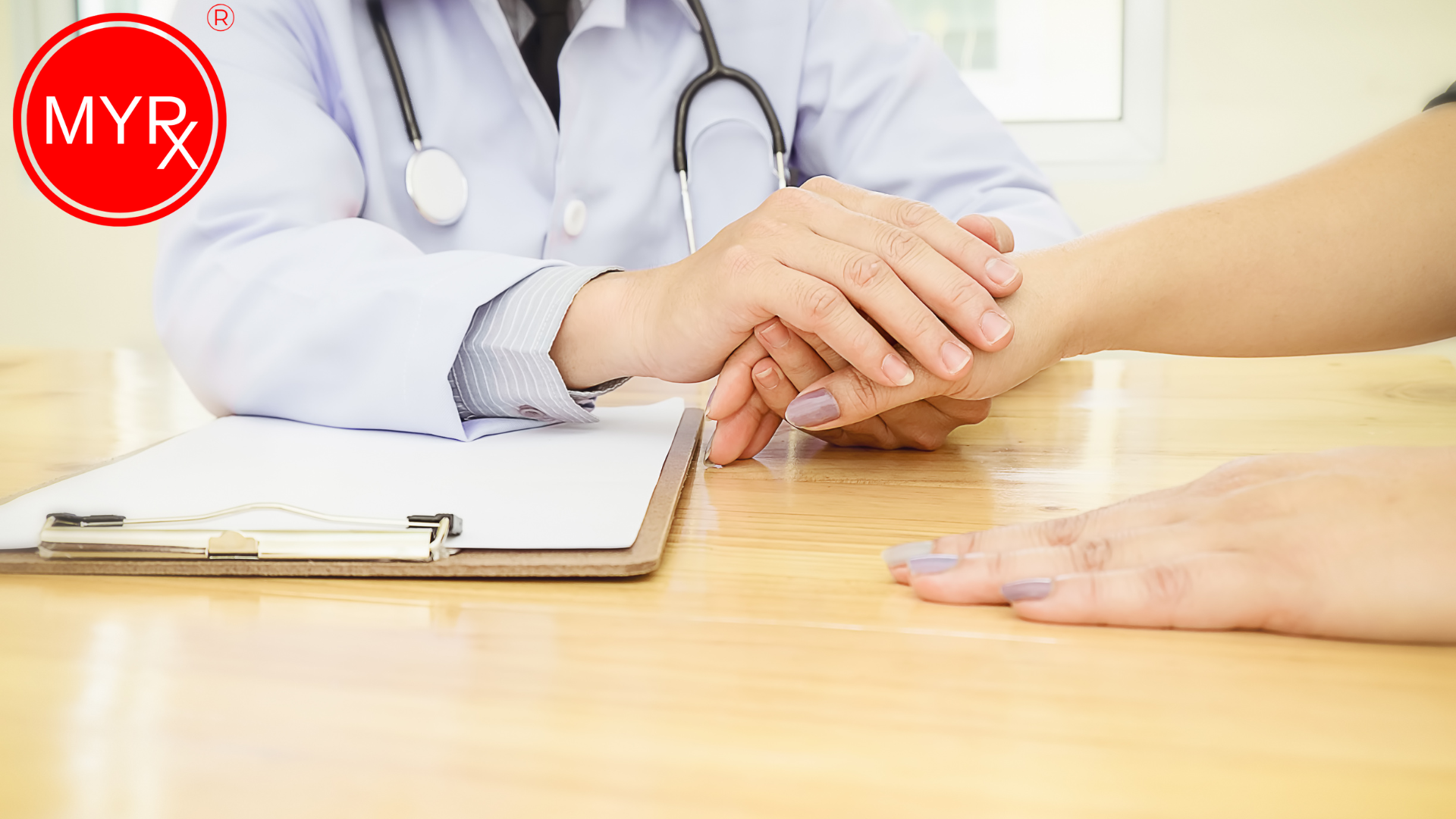
Internet of Things (IoT) in Healthcare: Transforming Patient Care and Enhancing Efficiency
Introduction
The Internet of Things (IoT) is revolutionizing the healthcare industry, offering new possibilities for patient care, remote monitoring, and healthcare system optimization. IoT devices interconnected through networks, collect and exchange valuable data, enabling healthcare providers to make informed decisions and deliver personalized and timely interventions. In this article, we will explore the applications of IoT in healthcare, its transformative impact on patient care, and the potential for enhanced efficiency within healthcare systems.
Remote Patient Monitoring:
IoT devices enable remote patient monitoring, allowing healthcare providers to track patients' vital signs, medication adherence, and overall well-being outside of traditional healthcare settings. Wearable devices, such as smartwatches and fitness trackers, can collect real-time data on heart rate, blood pressure, activity levels, and sleep patterns. This data can be transmitted to healthcare providers, facilitating early detection of health issues, proactive interventions, and personalized care plans.
Improved Chronic Disease Management:
IoT devices support better management of chronic diseases by providing continuous monitoring and real-time data analysis. Patients with conditions such as diabetes, hypertension, or asthma can use IoT-enabled devices to track their health parameters, receive medication reminders, and access educational resources. Healthcare providers can remotely monitor patient data, identify trends, and intervene promptly in case of anomalies, leading to more effective disease management and reduced hospital readmissions.
Enhanced Medication Management:
IoT devices help optimize medication management by providing reminders, tracking adherence, and promoting medication safety. Smart pill dispensers can be programmed to dispense medication at specific times and send alerts to patients or caregivers when doses are missed. IoT-enabled medication packaging can track the opening of medication bottles, ensuring proper adherence and reducing the risk of medication errors.
Real-Time Health Monitoring:
IoT devices enable real-time health monitoring, allowing healthcare providers to monitor patient conditions continuously. Connected medical devices, such as smart glucose meters, blood pressure monitors, and ECG monitors, can transmit data directly to healthcare systems. This real-time monitoring facilitates early intervention, timely adjustments to treatment plans, and improved patient outcomes.
Smart Hospital Infrastructure:
IoT technologies optimize hospital infrastructure and operations, leading to improved efficiency and cost savings. Connected sensors can monitor and control environmental factors such as temperature, humidity, and air quality in hospital facilities, ensuring optimal conditions for patients and staff. IoT-enabled asset tracking systems help locate medical equipment, reduce inventory waste, and streamline maintenance processes, resulting in improved resource utilization.
Streamlined Workflow and Communication:
IoT devices facilitate streamlined workflow and communication within healthcare settings. Nurse call systems, patient monitoring systems, and electronic health records (EHRs) can be integrated through IoT networks, enabling seamless communication and coordination among healthcare professionals. This connectivity reduces manual data entry, minimizes errors, and enhances collaboration, ultimately improving the efficiency of care delivery.
Predictive Analytics and Preventive Care:
IoT-generated data, when combined with advanced analytics and machine learning, enable predictive insights and proactive healthcare interventions. By analyzing historical and real-time data from IoT devices, healthcare providers can identify patterns, predict health deterioration, and implement preventive measures. This data-driven approach enhances early detection, reduces hospitalizations, and promotes a more proactive and personalized approach to healthcare.
Conclusion
The Internet of Things (IoT) is transforming healthcare by enabling remote patient monitoring, enhancing chronic disease management, and optimizing healthcare systems. IoT devices provide real-time health monitoring, improve medication management, and streamline communication and workflow within healthcare settings. With the power of IoT-generated data and advanced analytics, healthcare providers can deliver more personalized, proactive, and efficient care, leading to improved patient outcomes and enhanced overall healthcare system performance. As IoT continues to evolve, its impact on healthcare is poised to grow, paving the way for a more connected and patient-centric future.